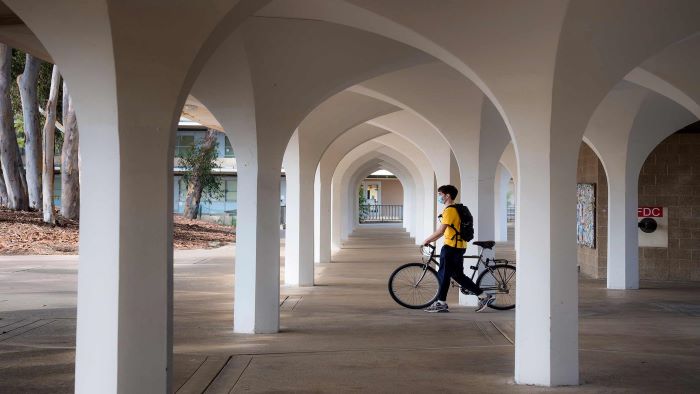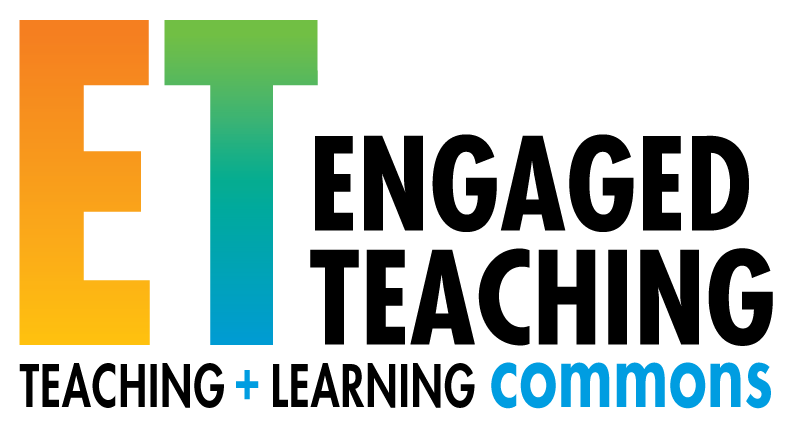Jennifer’s ESL: Hundreds of YouTube videos on pronunciation, grammar, and vocabulary.
David Sconda: Humorous, effective video on pronouncing the /th/ sound.
Cambridge Dictionary: ELP-ii students rate this dictionary as the best tool for hearing terms pronounced in a "natural voice," both in British English (UK) and American English (US). They also cite the extensive list of field-specific terms as "a definite plus!"
Dictionary.com: This dictionary was rated highly for its "straightforward" appeal, though the terms can sound "robotic."
Using English for Academic Purposes: A guide for speaking in academic contexts by Andy Gillett.
Technical Terms: Pronunciation of technical terms from the following disciplines: math, statistics, chemistry, biology, physics, engineering, and economics.
Useful Phrases for Classroom Communication, Robert Johanson: Common phrases used in teaching, including phrases needed to introduce a topic, invite student participation, give examples, and give homework. No audio.
Michigan Corpus of Academic Spoken English: A searchable corpus of words and phrases used in lectures, classroom discussions, and lab sections, including self-study exercises to help you learn common classroom expressions.
TED Lectures: Fifteen-minute lectures by leaders in business, technology, and entertainment, captioned in dozens of languages.
American Rhetoric: The Power of Oratory in the United States: A bank of over 5,000 full text, audio, and video versions of public speeches, including presidential addresses from Abraham Lincoln to Barack Obama and comedy routines by Abott and Costello. Links to speeches from CSPAN and the Commonwealth Club.
Voice of America: Podcasts and videos of US and international news for learners of English.
MIT: The most popular course ELP-ii students found useful is the Linear Algebra course taught by Professor Gilbert Strang.
Stanford: Offers an extensive list of upcoming and in-session courses.
Coursera: Coursera is an education platform that partners with top universities and organizations worldwide, to offer courses online for anyone to take, for free.
MCAT Review: A comprehensive online review of subject areas covered on the MCAT. This site is rated best by ELP-ii science and engineering students for English language review of general chemistry, physics, biology, biological molecules and organic chemistry.
Khan Academy: Khan Academy offers practice exercises, instructional videos, and a personalized learning dashboard that empower learners to study at their own pace in and outside of the classroom. It teaches math, science, computer programming, history, art history, economics, and more. The math missions guide learners from kindergarten to calculus using state-of-the-art, adaptive technology that identifies strengths and learning gaps. They've also partnered with institutions like NASA, The Museum of Modern Art, The California Academy of Sciences, and MIT to offer specialized content.


